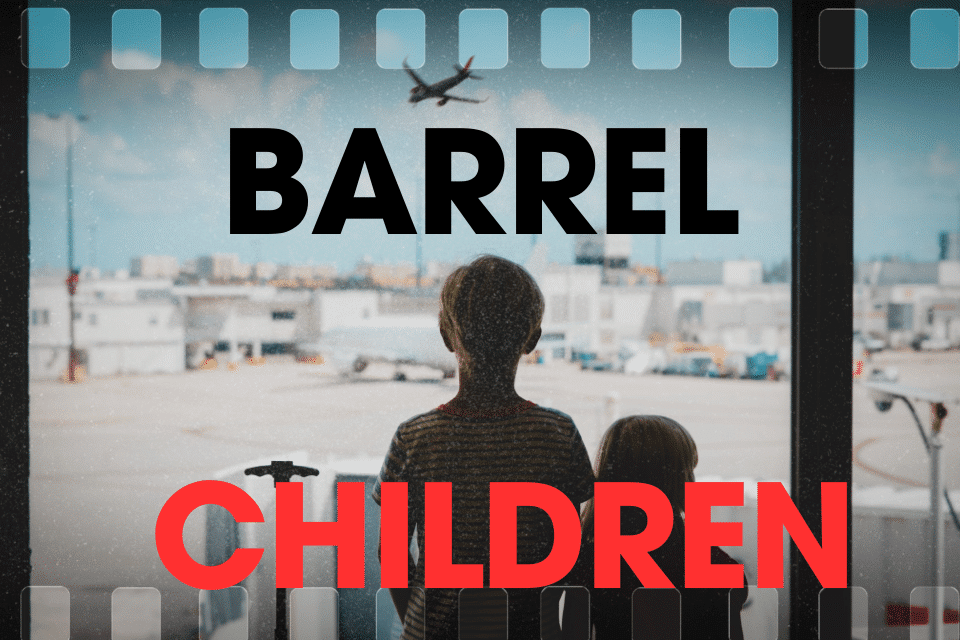Barrel children
Introduction:
Barrel children are often overlooked group of children who face unique challenges due to the migration of their parents. This blog post aims to shed light on the difficulties faced by barrel children and the impact it has on their lives. Through this article, we hope to raise awareness and encourage support for these children who are navigating life without the physical presence of their parents.
The challenges faced by barrel children:
1. Emotional impact:
Barrel children experience a range of emotions, including loneliness, abandonment, and a sense of longing for their parents.
The absence of parental support and guidance can lead to emotional instability and low self-esteem.
Without a strong emotional support system, these children may struggle to cope with the challenges of daily life.
2. Educational obstacles:
Due to the absence of their parents, barrel children often lack the necessary support and motivation to excel academically.
They may face difficulties in accessing educational resources and may not receive adequate assistance with homework and studying.
The constant changes in their living arrangements can disrupt their educational progress, causing gaps in their learning.
3. Financial hardships:
Many barrel children come from families with limited financial resources, relying heavily on remittances sent by their parents.
The unpredictable nature of these financial contributions can lead to uncertainty and instability in their lives.
Barrel children may face difficulties in meeting their basic needs, such as food, clothing, and healthcare, due to financial constraints.
4. Social isolation:
The absence of their parents can leave barrel children feeling socially isolated, as they may struggle to form meaningful relationships with peers.
They often miss out on important family events and milestones, making it challenging for them to feel a sense of belonging.
The stigma associated with being a barrel child can also contribute to feelings of isolation and exclusion.
5. Limited parental guidance:
Barrel children lack direct parental guidance and supervision, resulting in a lack of structure and discipline in their lives.
The absence of parental role models can hinder their development of important life skills, such as problem-solving and decision-making.
They may have to take on adult responsibilities at a young age, assuming the role of caregivers for their younger siblings.
Conclusion:
Understanding the challenges faced by barrel children is crucial for addressing their needs and providing the support they require. By recognizing their emotional, educational, financial, social, and parental challenges, we can work towards creating a more inclusive and supportive environment for them. Let’s join hands to ensure that no child feels left behind or invisible. Together, we can create a better future for all barrel childrens












1 Comment
Deborah Benson
3 months agoHi! I’m at work browsing your blog from my new apple iphone!
Just wanted to say I love reading through your
blog and look forward to all your posts! Keep up the fantastic work!